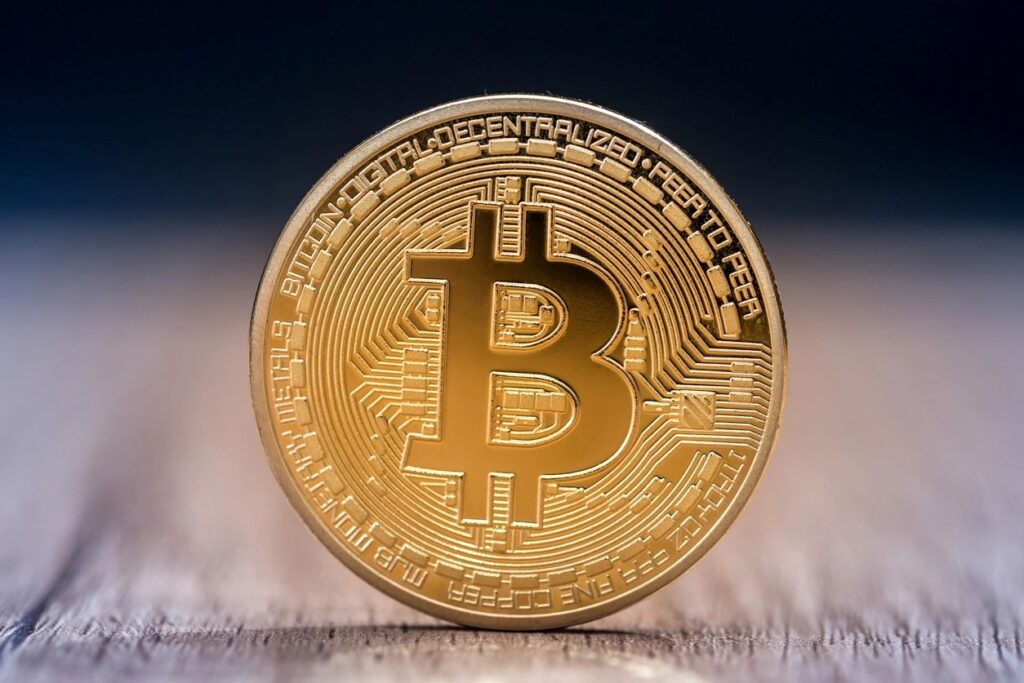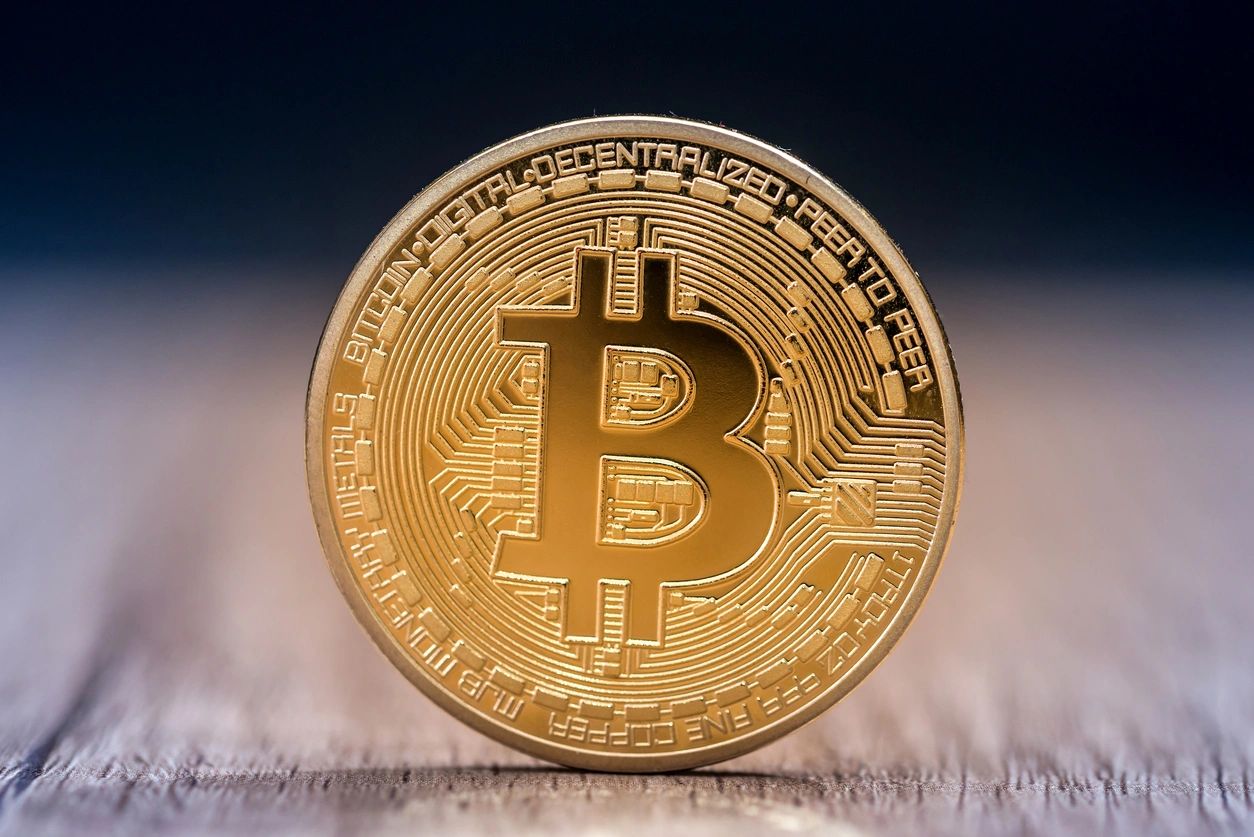📍 What Is Bit Coin? (Yes, We Mean Bitcoin)
Mistakes with Bitcoin can be expensive — here’s how to stay safe.
If you’ve been Googling “what is Bit Coin?”, you’re not alone — and yes, it’s actually spelled Bitcoin, but we know how confusing this world can be at first. Bitcoin is a type of digital money, created in 2009, that operates independently of banks and governments. It’s not printed or physical — instead, it lives on the internet, running on a public ledger called the blockchain.
People often call it “BTC” (short for Bitcoin), and it was designed to be a decentralised way of transferring value without needing a middleman. In recent years, it’s become more like a digital investment than a replacement for your debit card.
But with all the excitement around it, there’s also a lot of confusion — and sadly, scams. This guide is here to help you get a clear understanding of Bitcoin, and steer you away from the common traps beginners fall into.

🧾 Key Bitcoin Terms You Should Know
Here’s a super-quick glossary to get you started:
- Bitcoin (BTC): The original cryptocurrency, a form of digital money.
- Cryptocurrency: A digital asset that uses encryption to secure transactions.
- Blockchain: A public, digital ledger where Bitcoin transactions are recorded.
- Wallet: Software (or hardware) that stores your Bitcoin.
- Exchange: A platform where you can buy or sell Bitcoin (like Coinbase or Kraken).
- Private Key / Seed Phrase: The password to your Bitcoin wallet — lose it, and you lose your funds.
- Fiat Currency: Traditional government-issued money, like British pounds or US dollars.
⚠️ 10 Big Mistakes to Avoid With Bitcoin
Now that you’ve got the basics, let’s look at 10 of the most common mistakes people make when getting started — and how you can avoid them.
1. Thinking Bitcoin Is a Guaranteed Way to Get Rich
Bitcoin prices have seen some massive increases, but that doesn’t mean it’s a sure thing. In fact, prices are extremely volatile — it’s not unusual for Bitcoin to drop 10% or more in a single day. Some people made fortunes. Others bought high and sold low out of fear.
✅ Tip: Never invest money you can’t afford to lose. Think long-term, and ignore the hype.
2. Buying Because of Hype or Social Media Pressure
FOMO (Fear Of Missing Out) is real — but buying Bitcoin just because your mate said so or you saw someone on TikTok bragging about it isn’t a solid plan.
✅ Tip: Take your time to learn. Avoid emotional investing. If it sounds too good to be true, it probably is.
3. Using Unregulated or Dodgy Exchanges
There are many crypto platforms out there, but not all are trustworthy. Some are scams in disguise, and others may not be regulated in the UK — meaning you have little protection if something goes wrong.
✅ Tip: Use reputable exchanges registered with the FCA, such as Coinbase, Kraken, or Bitpanda.
4. Leaving Your Bitcoin on an Exchange
Once you buy Bitcoin, it’s tempting to just leave it where it is. But exchanges are targets for hackers — and if they go down, your funds could disappear.
✅ Tip: Transfer your Bitcoin to a secure wallet. For longer-term holding, consider a hardware wallet like a Ledger or Trezor.
5. Losing Your Private Key or Seed Phrase
Your seed phrase is like the key to your safe. If you lose it and your wallet is wiped or stolen, there’s no way to recover your funds.
✅ Tip: Write your seed phrase down and store it securely — not on your phone, not online.
6. Falling for Scams and Phishing Emails
Scams are everywhere in crypto. Some claim to double your Bitcoin. Others impersonate famous people or exchanges. And phishing emails might look legit but can steal your login details.
✅ Tip: Never send Bitcoin to someone promising returns. Double-check email links, and never share your seed phrase.
7. Investing More Than You Can Afford to Lose
Some people take out loans or dip into savings to invest in crypto. That’s a huge risk, especially when the market can swing wildly from week to week.
✅ Tip: Treat Bitcoin like a high-risk asset. Start small, and don’t touch your emergency fund.
8. Not Understanding Fees and How Transactions Work
Buying, selling, or transferring Bitcoin often involves network fees and exchange fees — and they can add up fast if you’re making lots of trades or small transactions.
✅ Tip: Learn about transaction fees before sending Bitcoin. Some wallets allow you to set a custom fee.
9. Ignoring UK Tax Rules
Yes, you do have to pay tax on crypto profits in the UK. HMRC treats Bitcoin like an asset — not money — so if you sell or trade it at a profit, you may owe Capital Gains Tax.
✅ Tip: Keep records of your transactions, and check the gov.uk guidance or speak to a tax advisor.
10. Overlooking Simpler, Safer Investment Options
Bitcoin isn’t the only way to grow your money. In fact, for many people, index funds, Stocks & Shares ISAs, or Cash ISAs are more stable and easier to understand.
✅ Tip: Don’t invest in Bitcoin just because everyone else is. Consider your goals and risk tolerance.
🎁 Bonus Mistake: Trusting Unsolicited Messages About Bitcoin
If someone randomly contacts you — whether it’s by email, text, or DM — offering a “great crypto opportunity,” it’s almost certainly a scam. They might pretend to be from a legit company, offer to manage your Bitcoin for you, or say they can guarantee profits. Don’t fall for it.
✅ Tip: Legitimate businesses never reach out to ask for money or private wallet info. Block and report anyone doing this — and never share your login details or seed phrase, no matter how convincing they sound.
🧠 Final Thought: Learn First, Invest Later
Hopefully now you have the answer to your question “What Is Bit Coin?”
Bitcoin can be a fascinating part of the future of finance — but only if you take the time to understand what you’re buying. You don’t need to rush. You don’t need to go “all in.”
In fact, you don’t even need to buy a full Bitcoin. Most exchanges let you start with as little as £10 — or even less.
And remember, real investing is about slow growth and smart decisions, not chasing overnight riches.

